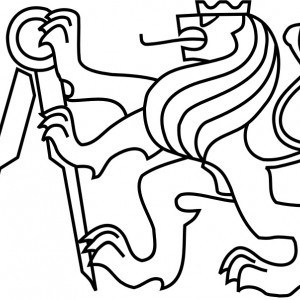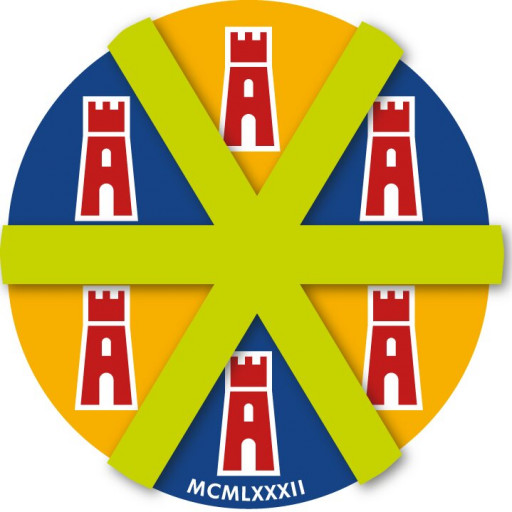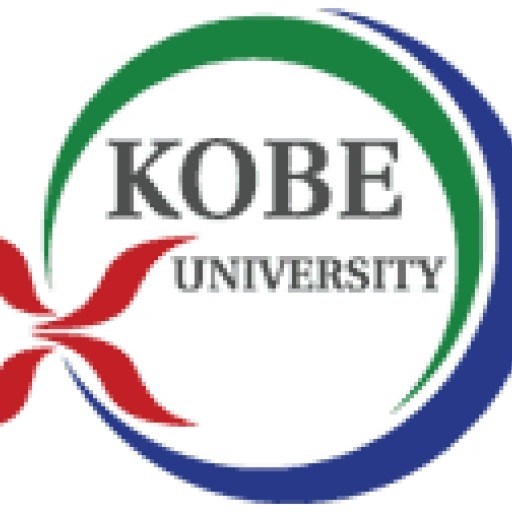Photos of university / #czuvpraze
The European Agrarian Diplomacy master's program at the Czech University of Life Sciences Prague is a multidisciplinary postgraduate course designed to prepare students for effective engagement in international agricultural and rural development policies. This program provides a comprehensive understanding of the complex interactions between agriculture, environment, trade, and diplomacy within the European context. Students will gain in-depth knowledge of European Union agricultural policies, trade negotiations, rural development strategies, and the role of diplomacy in fostering sustainable agricultural practices and international cooperation. The curriculum combines theoretical insights with practical skills, emphasizing policy analysis, negotiation techniques, and cross-cultural communication. Participants will explore issues related to food security, environmental sustainability, agro-economic development, and the role of agriculture within global geopolitics. The program aims to equip graduates with the competencies necessary to work in governmental institutions, international organizations, NGOs, or private sector entities involved in agricultural diplomacy and policy formulation. Courses are taught by experienced academics and practitioners in the field, ensuring students are exposed to current challenges and innovative solutions in European agrarian diplomacy. Additionally, the program encourages active participation through seminars, workshops, and internships, providing valuable opportunities to apply learned skills in real-world contexts. Graduates will be prepared to contribute effectively to negotiations on agricultural policies, promote sustainable rural development, and support European integration efforts in the agri-food sector. The European Agrarian Diplomacy master's offers an excellent environment for networking with professionals from across Europe and beyond, fostering collaborations that can influence rural and agricultural policy development on an international scale. By the end of the program, students will have developed the analytical, strategic, and diplomatic skills needed to navigate and shape the future of agriculture diplomacy in Europe and worldwide.
The European Agrarian Diplomacy programme at the Czech University of Life Sciences Prague offers a comprehensive curriculum designed to equip students with the knowledge and skills necessary to navigate the complex landscape of international agricultural trade, policy development, and sustainable rural development within the European context. The programme aims to prepare future professionals who can effectively represent European agricultural interests on the global stage, fostering cooperation among countries and promoting sustainable practices across borders. Students will engage in courses covering European Union agricultural policies, international negotiations, agribusiness management, rural development, environmental protection, and food safety standards. The curriculum emphasizes practical skills through case studies, internships, and project work, enabling students to analyze real-world issues and develop strategic solutions. Emphasis is also placed on understanding the socio-economic factors influencing the agricultural sector, as well as the legal and administrative frameworks underpinning international agreements. Throughout their studies, students will have opportunities to collaborate with industry professionals, participate in international exchanges, and gain hands-on experience in diplomatic contexts relevant to the agrarian sector. The programme addresses contemporary challenges such as climate change, food security, and digital transformation in agriculture, aiming to develop adaptable and innovative experts capable of shaping the future of European agrarian diplomacy. Graduates will be prepared for careers in governmental agencies, international organizations, non-governmental organizations, agribusiness companies, and diplomatic missions focusing on rural and agricultural development. The multidisciplinary approach ensures that students not only acquire specialized knowledge but also develop soft skills like negotiation, communication, and intercultural understanding crucial for successful diplomacy in the agrarian sphere. The programme combines academic excellence with practical relevance, fostering a new generation of leaders committed to sustainable and equitable development within the European Union and beyond.
Program requirements for European Agrarian Diplomacy at Czech University of Life Sciences Prague include a combination of academic prerequisites, language proficiency, and relevant experience. Applicants are typically required to hold a completed bachelor's degree or higher in fields related to agriculture, economics, political sciences, or international relations. The admissions process emphasizes a strong academic background demonstrated by undergraduate transcripts, with a preference for applicants showing interest or prior experience in European affairs and international diplomacy.
Proficiency in English is mandatory, and applicants must provide evidence of language skills through standardized tests such as IELTS or TOEFL, or via other recognized certification. Some applicants may be required to pass a language assessment conducted by the university if their documentation is not sufficient. Additionally, the program favors candidates who have relevant professional or voluntary experience in international cooperation, European institutions, or agrarian development projects. Such experience can significantly strengthen an application.
Application documents typically include a motivation letter outlining the candidate’s interest in European Agrarian Diplomacy, a detailed CV highlighting relevant academic and professional experiences, academic transcripts, proof of language proficiency, and letters of recommendation. As part of the selection process, candidates may be invited for an interview, either in person or online, to assess their motivation, communication skills, and understanding of European issues related to agriculture and rural development.
Furthermore, applicants might be expected to demonstrate their capacity to work in an international environment and possess skills in intercultural communication. The program also emphasizes the importance of analytical thinking, problem-solving, and a commitment to sustainable agricultural development within the European context. The ability to adapt to diverse cultural settings and work collaboratively in teams is considered essential.
While specific GPA or grade point average requirements are not explicitly stated, a strong academic record is advantageous. Graduates are expected to meet all the above criteria and pass the entrance examination or interview process to secure admission. The university offers additional support and guidance for prospective students during the application process to ensure applicants understand all necessary steps and requirements for enrollment.
Want to improve your English level for admission?
Prepare for the program requirements with English Online by the British Council.
- ✔️ Flexible study schedule
- ✔️ Experienced teachers
- ✔️ Certificate upon completion
📘 Recommended for students with an IELTS level of 6.0 or below.
Funding options for the European Agrarian Diplomacy program at the Czech University of Life Sciences Prague include a combination of national and international financial aid, university-specific scholarships, and personal funding. The Czech University of Life Sciences Prague offers various scholarships for both domestic and international students, which can help cover tuition fees and living expenses. Students are encouraged to explore opportunities such as government grants, Erasmus+ mobility scholarships, and other European funding programs dedicated to supporting students studying abroad within the European Union. The Erasmus+ program, in particular, provides mobility grants that can significantly reduce the financial burden during exchange periods or internships integrated into the curriculum. Additionally, some students may qualify for research or academic scholarships awarded based on academic merit or financial need, which are provided by the university. Private funding options, including student loans and grants from external organizations, are also available, although students should research the specific terms and conditions applicable in their home country or origin. The university also offers support services to assist students in locating and applying for suitable funding opportunities. It is advisable for prospective students to start early in their financial planning process by consulting the university's financial aid office and checking the official website for the latest information on available scholarships, grants, and funding programs. International students often have access to dedicated funding schemes aimed at promoting international cooperation and mobility within European programs. Overall, while the precise amount of funding and the scope of financial aid can vary depending on the student's nationality, academic performance, and specific circumstances, ample resources are generally available to support students pursuing their studies in European Agrarian Diplomacy at the Czech University of Life Sciences Prague.
The European Agrarian Diplomacy programme at the Czech University of Life Sciences Prague is designed to prepare students for careers in international agricultural and rural development sectors, with a focus on diplomatic, policy, and economic aspects of agrarian issues within Europe and beyond. This interdisciplinary programme combines knowledge from agriculture, environmental sciences, economics, international relations, and diplomacy to equip graduates with a comprehensive understanding of contemporary challenges faced by the agricultural sector in a globalized world. Students are introduced to European Union policies, sustainable development practices, food security issues, and cross-cultural negotiation skills, enabling them to operate effectively in international organizations, governmental agencies, non-governmental organizations, and private sector companies involved in agriculture and rural development. The curriculum emphasizes practical experience through internships, workshops, and case studies, fostering skills in negotiation, policy analysis, project management, and communication. The programme attracts students from diverse backgrounds, inspired to promote sustainable agricultural practices, enhance food security, and facilitate international cooperation within the agricultural domain. Graduates may pursue careers as diplomatic advisors, policy analysts, project managers, or consultants working on agricultural development projects, EU funding programs, international trade, and rural policy reforms. The university's strong ties with European institutions and international organizations offer students valuable networking opportunities and exposure to real-world challenges in European agrarian diplomacy. The programme is delivered in English, ensuring it caters to an international student body and prepares graduates for careers across Europe and around the world. Overall, European Agrarian Diplomacy aims to foster leaders committed to sustainable development and international cooperation in the agricultural sector, reflecting the university’s mission to contribute to global food security and rural resilience through education and research.











